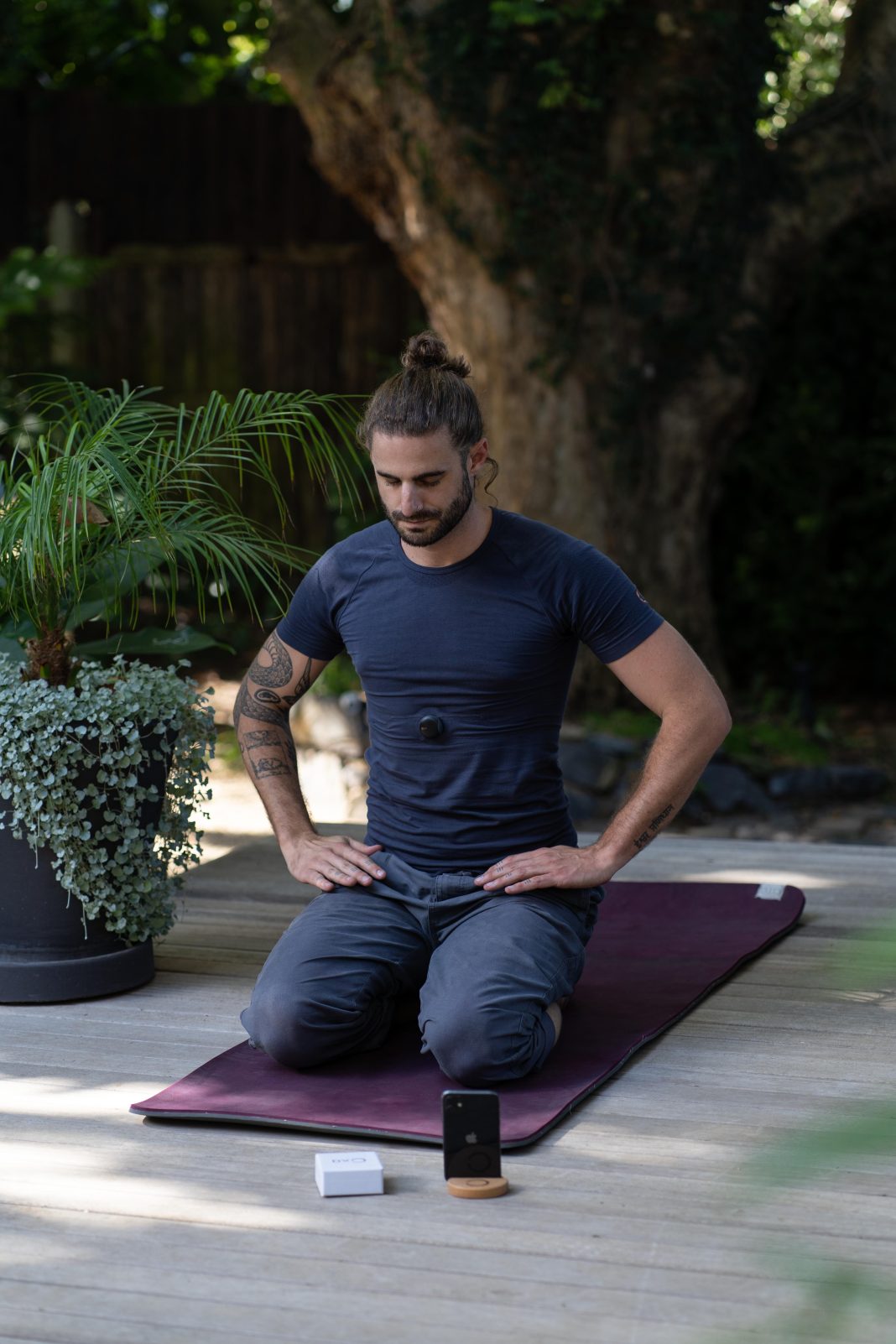In the bustling rhythm of modern life, the silent tug-of-war between stress management and regular health checkups is often overlooked. While one whispers promises of tranquility and mental clarity, the other stands as a sentinel for physical well-being, offering a glimpse into the body’s inner workings. As we navigate the complexities of daily existence, a pivotal question emerges: is mastering the art of stress management more crucial than the routine visits to our healthcare providers? This article delves into the intricate dance between mental serenity and physical vigilance, exploring whether the balance tips in favor of soothing the mind or safeguarding the body. Join us as we unravel the threads of this compelling debate, inviting you to consider where true health might find its foundation.
Balancing Act: Weighing Stress Management Against Routine Medical Visits
In today’s fast-paced world, the debate over whether managing stress should take precedence over routine medical checkups is gaining momentum. On one hand, stress management is essential for maintaining mental and emotional well-being. Techniques such as meditation, yoga, and deep breathing can significantly reduce anxiety and improve overall life satisfaction. These practices are crucial, especially in a society where stress-related illnesses are on the rise.
On the other hand, routine medical visits play a pivotal role in early detection and prevention of diseases. Regular checkups can catch potential health issues before they become serious, offering peace of mind and a proactive approach to health. Consider the following:
- Prevention: Early diagnosis of conditions like hypertension or diabetes can lead to better management and outcomes.
- Peace of Mind: Knowing your health status can alleviate stress, ironically contributing to stress management.
- Professional Guidance: Access to professional advice ensures you’re following the best practices for your health.
Ultimately, both stress management and regular checkups are crucial, and striking a balance between the two can lead to a healthier, more fulfilled life.
Unpacking the Role of Stress in Overall Health Maintenance
In our fast-paced world, stress is often an unwelcome companion, lurking in the shadows of our daily routines. While regular medical checkups are undeniably crucial, the profound impact of stress on our health cannot be overlooked. Stress management can sometimes hold the key to unlocking a healthier lifestyle, as it plays a pivotal role in preventing a myriad of health issues. Understanding the nuances of stress allows us to create a personalized toolkit for well-being that may include:
- Mindfulness Practices: Techniques like meditation and yoga can foster a sense of calm, helping to mitigate the effects of stress.
- Healthy Lifestyle Choices: Balanced nutrition and regular physical activity not only boost physical health but also enhance mental resilience against stress.
- Social Connections: Building a support network can provide emotional outlets and reduce stress-related pressures.
By prioritizing stress management, individuals may experience improvements in mental clarity, immune function, and even cardiovascular health. While it’s essential to keep up with regular health screenings, integrating stress management strategies into daily life can serve as a proactive measure to maintain overall health.

Practical Strategies for Integrating Stress Management into Healthcare Routines
Incorporating stress management techniques into healthcare routines can be as pivotal as maintaining regular medical checkups. Healthcare professionals are increasingly recognizing the impact of stress on overall health, prompting a shift towards more holistic care approaches. Here are some practical strategies that can be seamlessly integrated into healthcare settings:
- Mindfulness Sessions: Introducing short mindfulness or meditation breaks during medical appointments can help patients relax and improve their receptivity to care.
- Stress Education Workshops: Offering workshops that educate patients on the physiological effects of stress and practical stress-reduction techniques can empower them to take charge of their mental health.
- Customized Relaxation Techniques: Collaborating with patients to identify personalized relaxation methods, such as breathing exercises or guided imagery, can enhance patient engagement and adherence.
- Integrative Health Programs: Developing programs that combine traditional medical treatments with stress management practices, such as yoga or tai chi, can promote comprehensive well-being.
By embedding these strategies into healthcare routines, we can foster a culture where managing stress becomes as routine as checking blood pressure, ultimately leading to healthier and more resilient individuals.

Crafting a Personalized Health Plan: Where Stress Management Meets Regular Checkups
In the intricate tapestry of personal health, stress management and regular checkups are threads that must be woven together to create a resilient and vibrant life. Imagine a world where stress management is not merely a reactive strategy but a proactive choice, seamlessly integrated with routine health assessments. Prioritizing mental well-being can lead to profound changes, from improved sleep patterns to enhanced immune function. Yet, without the guidance of regular checkups, these benefits may remain unnoticed, or worse, untapped.
To craft a truly personalized health plan, consider the following elements:
- Mindful practices like meditation and yoga, which can significantly reduce stress levels.
- Scheduled medical checkups that ensure your physical health aligns with your mental wellness efforts.
- Balanced nutrition that supports both body and mind, amplifying the benefits of stress reduction techniques.
- Open communication with healthcare providers to tailor a plan that addresses both stress and physical health needs.
By embracing a holistic approach, where stress management meets the precision of regular health checkups, you set the stage for a healthier, more harmonious life.








